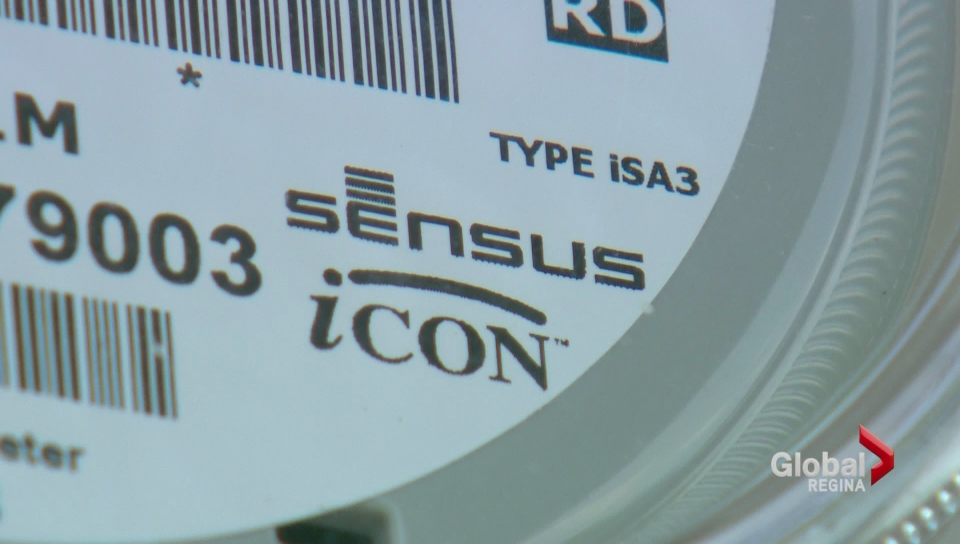The Saskatchewan government is giving all urban municipalities the option to add a five per cent municipal surcharge to SaskEnergy bills.

The surcharge was available in 109 municipalities, currently at three per cent, but all cities, towns and villages will now be eligible at the new rate.
It will be up to municipal governments to decide whether or not they want to apply the surcharge to their community.
This is being done after the province eliminated grants-in-lieu of property taxes in the previous budget for all SaskEnergy and SaskPower properties.
“We lost about $11.4 million, and we’re going to get about $5.9 million returned to the city from that standpoint, and it will increase with SaskEnergy customer usage,” the Mayor of Saskatoon, Charlie Clark said.
WATCH: Saskatchewan Budget 2018: Revenue at $14.24B, spending at $14.61B

In municipalities where the SaskEnergy surcharge does not exist, residents can expect to pay an extra $45 per year, according to the province.

Get daily National news
In communities that already have a three per cent municipal surcharge, the average bill is expected to go up $18 per year.
“We will accept that. It’s better to have that source than have property tax go up again, so we’re pleased with that,” said Michael Fougere, mayor of Regina.
There will be no changes to the SaskPower municipal surcharge. Expected revenue from that charge is expected to be $72.6 million.
The general revenue fund is expected to make $6 million less due to the province no longer retaining the municipal surcharge for SaskPower, the return of SaskEnergy’s municipal surcharge, and elimination of offset payments to Regina and nine smaller cities including Prince Albert and Moose Jaw.
Grants-in-lieu
Grants-in-lieu will see a partial return this year. It will apply to SaskEnergy and SaskPower real estate such as office buildings. The province says it will not apply to generation or transmission facilities, pipelines, land and distribution facilities.
The province expects to pay out $22 million in grants-in-lieu to municipalities.
In addition to these measures, revenue sharing going to communities is expected to be a combined $241 million. This is based on the current formula: one percentage point of the five per cent PST from two years ago.
Municipalities will receive a fifth of the $1.18 billion in PST revenue collected in 2016-17, a reduction of the previous two years, based purely on PST receipts being lower in that budget year.
The province will be negotiating a new revenue sharing formula with municipal leaders to account for the PST change to six per cent in the 2017-18 budget.



Comments
Want to discuss? Please read our Commenting Policy first.